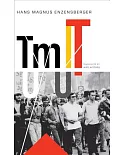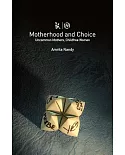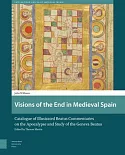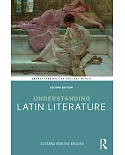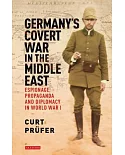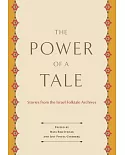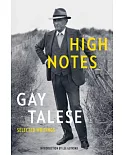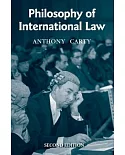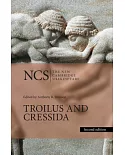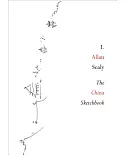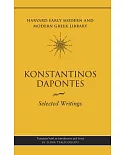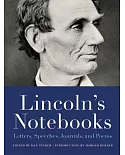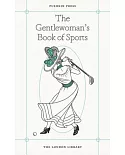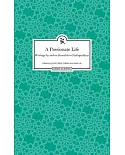This study explores the tension in the narrator’s perception in Marcel Proust’s novel A la recherche du temps perdu (In Search of Lost Time--also known as Remembrance of Things Past) between
the world as simple in structure and truth and the word as complex and ungraspable. In contrast to those that have tended to read this tension in relation to negative terms of undecidability, a
gap between theory and practice, or the elusiveness of meaning, Fülöp (French, New College, U. of Oxford, England) proposes that the competing perspectives actually constitute complementary
pillars that represent the narrator’s dilemma in relating to the world. This dilemma, at its heart, is the tension between Friedrich Schelling’s 19th-century concept of "Identity" as the
dimension of unity underlying the world of differences, on the one hand, and on the other, "Difference," a concept reliant on poststructuralist philosophical critiques against the Platonic
association between truth and identity. This tension between "Identity" and "Difference" that Fülöp identifies underlies all of the explicit dilemmas facing Proust’s narrator over his relation
and approach to the world, such as the tensions between intuition and reflection, perception and imagination, surface and depth, appearance and essence, mind and body, unity and fragmentation,
truth and falsehood, and self and Other. Distributed in North America by The David Brown Book Co. Annotation ©2012 Book News, Inc., Portland, OR (booknews.com)


